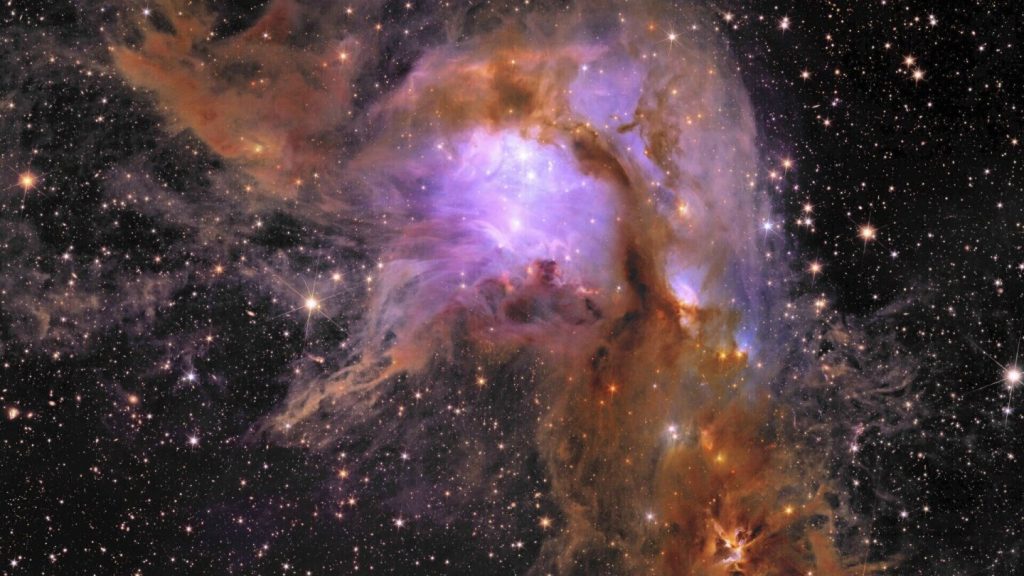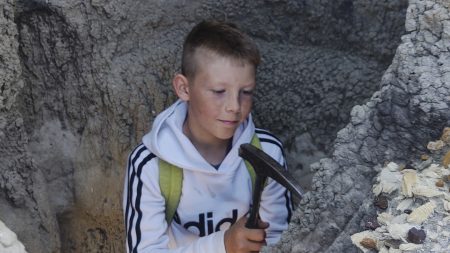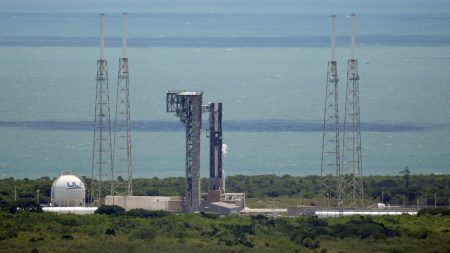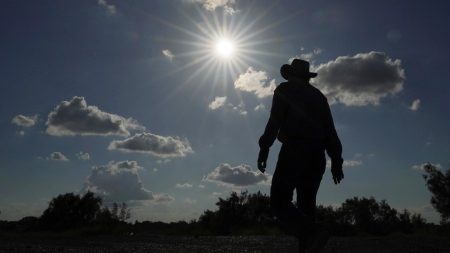Summarize this content to 2000 words in 6 paragraphs in Arabic
CAPE CANAVERAL, Fla. (AP) — A massive cradle of baby stars has been observed in new detail by a European space telescope, adding to its celestial collection of images. The European Space Agency released the photos from the Euclid observatory on Thursday. They were taken following the telescope’s Florida launch last year as a warm-up act to its main job currently underway: surveying the so-called dark universe. From its perch 1 million miles (1.6 million kilometers) from Earth, Euclid will spend the next several years observing billions of galaxies covering more than one-third of the sky. The shape and size of all these galaxies can help scientists understand the mysterious dark energy and dark matter that make up most of the universe.“Euclid is at the very beginning of its exciting journey to map the structure of the universe,” the space agency’s director general, Josef Aschbacher, said in a statement.
Among the newly released pictures is one of an enormous cradle of baby stars some 1,300 light-years away known as Messier 78. A light-year is 5.8 trillion miles. Euclid’s infrared camera peered through the dust enveloping the stellar nursery, revealing new regions of star formation, according to ESA.___The Associated Press Health and Science Department receives support from the Howard Hughes Medical Institute’s Science and Educational Media Group. The AP is solely responsible for all content.
window.fbAsyncInit = function() {
FB.init({
appId : ‘870613919693099’,
xfbml : true,
version : ‘v2.9’
});
};
(function(d, s, id){
var js, fjs = d.getElementsByTagName(s)[0];
if (d.getElementById(id)) {return;}
js = d.createElement(s); js.id = id;
js.src = “https://connect.facebook.net/en_US/sdk.js”;
fjs.parentNode.insertBefore(js, fjs);
}(document, ‘script’, ‘facebook-jssdk’));















